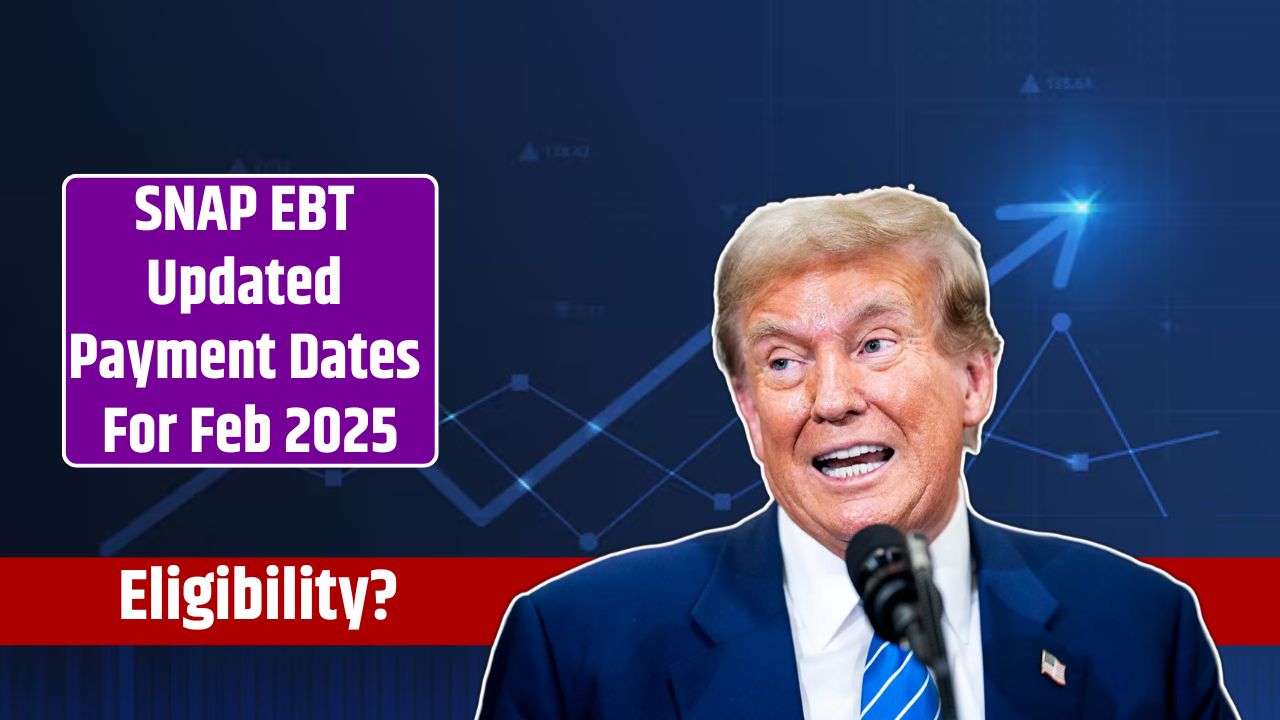The VA Dependency Indemnity Compensation (DIC) provides financial support to families of veterans who have passed away due to service-related causes.
With potential payments reaching $3,495.83 per month in 2024, this tax-free benefit ensures surviving spouses, children, and, in some cases, parents can navigate the challenges of losing a loved one.
Here’s a detailed guide on eligibility, benefits, and how to claim DIC.
Eligibility
Understanding the eligibility requirements is key to accessing this benefit.
For Spouses
To qualify as a surviving spouse, you must meet these criteria:
- Marriage Duration: Married the veteran within 15 years after their discharge, or were married for at least one year, or had a child together.
- Living Together: Lived continuously with the veteran until their passing, unless the separation wasn’t your fault.
- Remarriage Exceptions: If remarried, eligibility remains intact if remarriage occurred after age 57 (post-December 16, 2003) or age 55 (post-January 5, 2021).
For Children and Parents
Children under 18 or pursuing higher education may qualify for DIC. In rare cases, parents can receive support if their income is limited.
Compensation Amount
As of December 2023, the base rate for a surviving spouse starts at $1,627 per month. Additional allowances can significantly increase this amount.
Add-Ons That Increase Payments
- 8-Year Provision: $342.46 per month if the spouse was married to the veteran for eight years and the veteran had a 100% disability rating during that time.
- Aid & Attendance: $399.95 per month for spouses needing help with daily activities like eating or dressing.
- Housebound Allowance: $187.17 per month for spouses unable to leave their home due to disability.
- Transitional Benefit: $342.00 per month for spouses with children under 18 for two years post-veteran’s death.
- Child Allowance: $399.95 per month for each eligible child.
Example Calculation
Let’s break down a possible monthly DIC payment:
| Base Rate | $1,627.00 |
|---|---|
| Two children under 18 | $799.90 |
| 8-Year Provision | $342.46 |
| Aid & Attendance | $399.95 |
| Transitional Benefit | $342.00 |
Total: $3,495.83 per month
After two years, when the transitional benefit ends, the payment would reduce to $3,153.83.
Documentation Needed
Applicants must provide thorough documentation to prove eligibility:
| Document Type | Purpose |
|---|---|
| Military Service Records | Confirm veteran’s service and discharge dates. |
| Death Certificate | Show cause of death and service connection. |
| Medical Records | Link the veteran’s death to service-related causes. |
| Marriage Certificate | Verify spousal relationship. |
How to Apply
Follow these steps to apply for DIC benefits:
- Gather Documentation: Collect military records, death certificate, medical reports, and proof of marriage or children.
- Complete VA Form 21P-534EZ: This form is specifically for DIC claims.
- Work with a VSO: Accredited Veterans Service Officers (VSOs) can assist in reviewing and filing the application.
- Submit Application: Send the completed form online or by mail, ensuring all supporting documents are included.
- Track Your Claim: Monitor your application status through the VA’s website or with your VSO.
- Await Decision: The VA will notify you of approval, payment amount, and schedule.
Tips for Success
- Ensure Accurate Information: Verify that the death certificate connects the cause of death to service-related conditions.
- Use Expert Help: Accredited representatives can navigate complex requirements and increase approval chances.
- Document Thoroughly: Provide strong evidence that links the veteran’s service to their passing.
The DIC program offers a lifeline to surviving families, acknowledging their loss and providing crucial support. By understanding the process and seeking guidance, eligible families can secure the benefits they deserve.
















